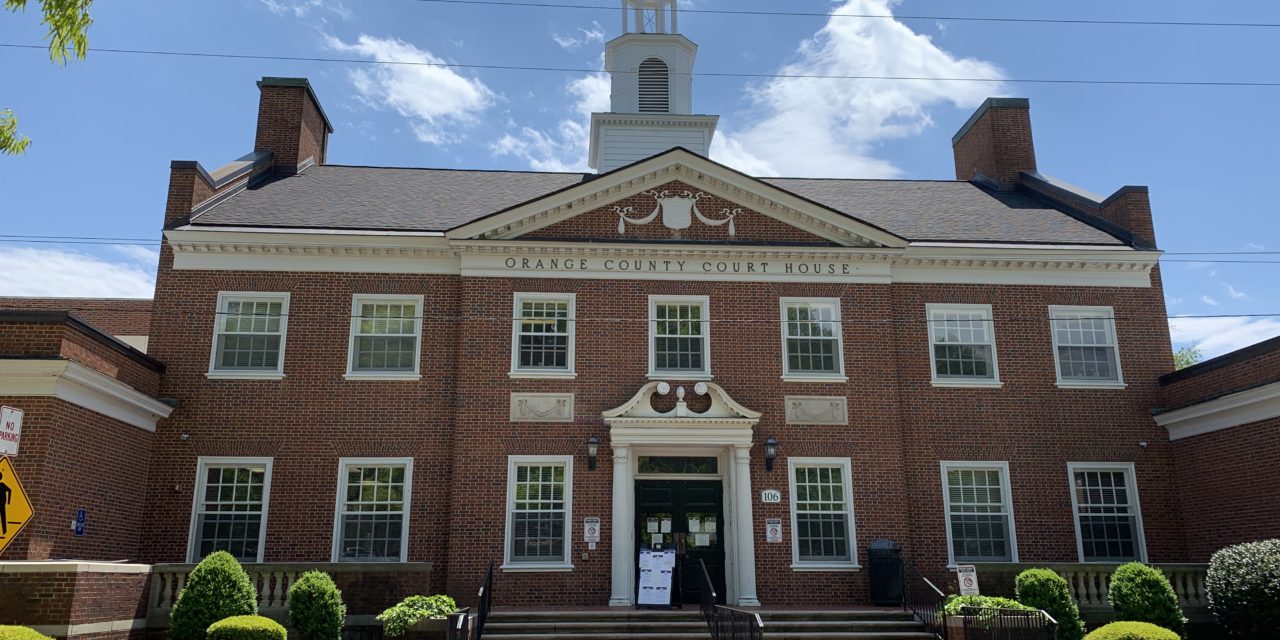While the state prepares to enter Phase 1 on Friday, there are still many aspects of state government operating on reduced capacity. That includes North Carolina’s courts, which are determining when to begin full proceedings again.
North Carolina Chief Justice Cheri Beasley pushed back most court proceedings until at least June 1, giving the court system more time to devise a strategy of how to return. But like most places in our community, its normal setup will have to change to accommodate social distancing.
Orange County Superior Court Judge Allen Baddour recently spoke with 97.9 The Hill’s Aaron Keck. Like many courts in the state, he said Orange County’s have remained open during this time but are only handling the most serious of cases.
“We have a constitutional duty to keep the courts open and that’s a really important obligation for our citizens,” he said. “It’s not necessarily making sure a person’s traffic ticket is dealt within 30 days, it’s more pressing matters.”
But when considering how to handle more and more cases as the state reopens, Baddour said plenty of challenges arise. He said with how many people are typically in a courtroom, it would be difficult to properly keep six feet apart if everyone is present for a case.
“How do we address both aspects of this intersection the courts lay in,” the judge posed, “between public health and open courts? And how does that actually happen in the moment, in a particular hearing?”
For now, the efforts to address that have been significantly decreased amounts of people in courtrooms and using more virtual communication for cases. The United States Supreme Court, for example, is hearing oral arguments over the phone this week for the first time ever.
In Orange County, Baddour said it’s not been without some obstacles and breaks in tradition.
“Probably the most challenging [thing],” he said, “is getting people on board with addressing cases in a Zoom-like platform. People are so used to being in court, seeing and hearing, being able to literally touch everyone there in the room.”
The judge said, though, some aspects of court procedures have become more efficient. He said he could see permanent changes coming thanks to this, like handling more matters or filings online.
“That’s sort of where I see the future going,” said Baddour. “If there’s a silver lining in all this for the court system, for me, that’s it: our ability to work faster and more efficiently, but still fairly and in a way that can save folks’ money in a court process.”
The courts are not listed in Governor Roy Cooper’s three phases of reopening the state. If public health trends continue, North Carolina could enter Phase 2 as early as May 22.
Chapelboro.com does not charge subscription fees. You can support local journalism and our mission to serve the community. Contribute today – every single dollar matters.
Related Stories
‹

North Carolina Judges Issue Mixed Ruling on Governor’s Appointment PowersNorth Carolina trial judges issued a mixed ruling for Gov. Josh Stein and lawmakers over recent changes to the governor's appointment powers.
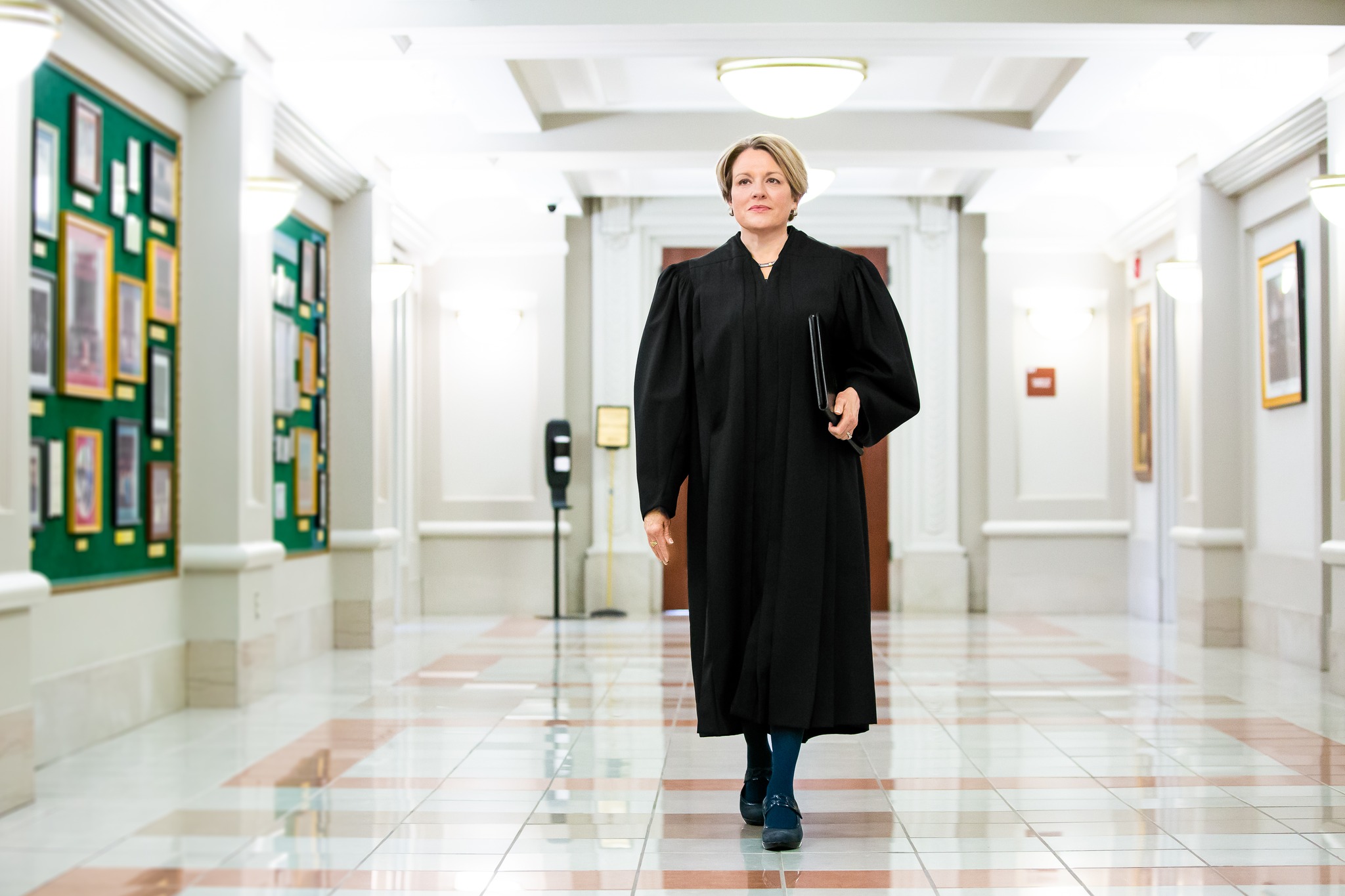
Chief Judge is Replaced in a Shakeup on the North Carolina Court of AppealsWritten by GARY D. ROBERTSON North Carolina’s chief justice has quietly replaced the next leader of the state’s intermediate-level appeals court in a move that appears to run counter to tradition at the state Court of Appeals. The new chief judge of the 15-member Court of Appeals is Judge Chris Dillon, whose appointment to the […]
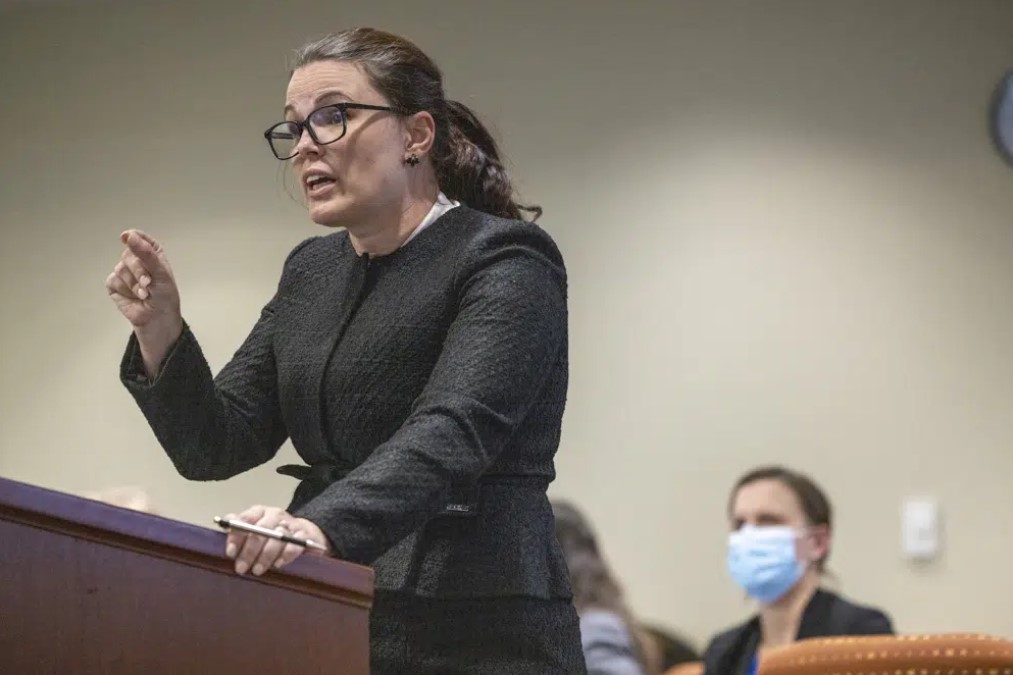
Voting Rights Lawyer To Fill N. Carolina Appeals Court SeatWritten by THE ASSOCIATED PRESS A longtime voting rights attorney will be appointed to the North Carolina Court of Appeals, Democratic Gov. Roy Cooper said Thursday, filling a vacancy when Judge Richard Dietz moves to the state Supreme Court next month. Allison Riggs, a co-leader of the Southern Coalition for Social Justice in Durham, has […]
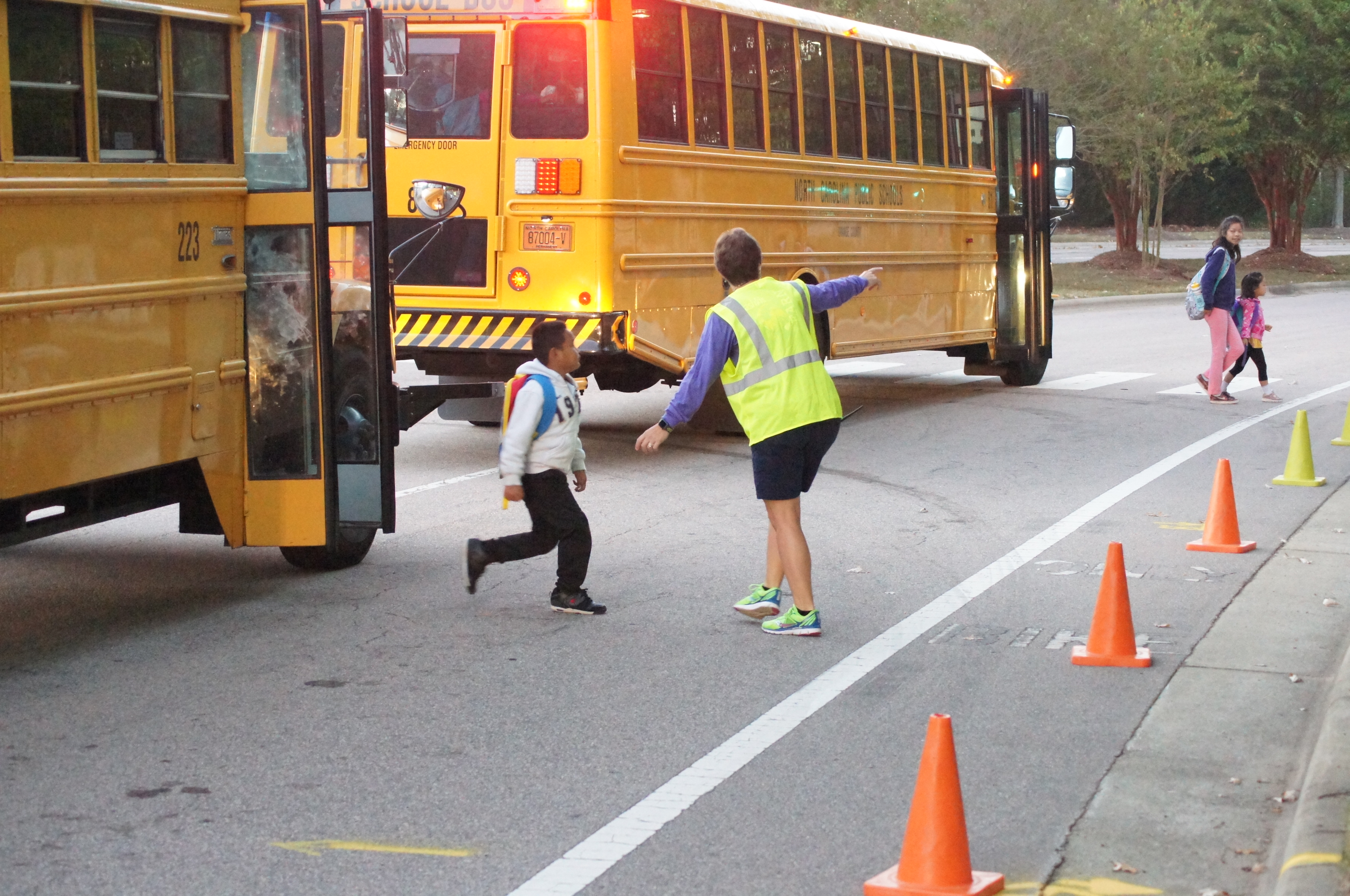
Judge Sets Deadline for N. Carolina To Boost School FundingA North Carolina judge has set a mid-October deadline for state lawmakers to follow a court-ordered plan to provide full funding for improving public education or he will take action himself. State Superior Court Judge David Lee said he was “very disheartened” that the General Assembly is funding a small part of a plan calling […]

New NC Chief Justice Seeks Vaccine Access for Open CourtsNorth Carolina’s new chief justice says he’s asked Gov. Roy Cooper to consider getting COVID-19 vaccines more quickly to local court officials to meet a state constitutional requirement that “all courts shall be open.” Speaking at Wednesday’s online installation ceremony for himself and two new justices, Chief Justice Paul Newby said “access to justice through […]
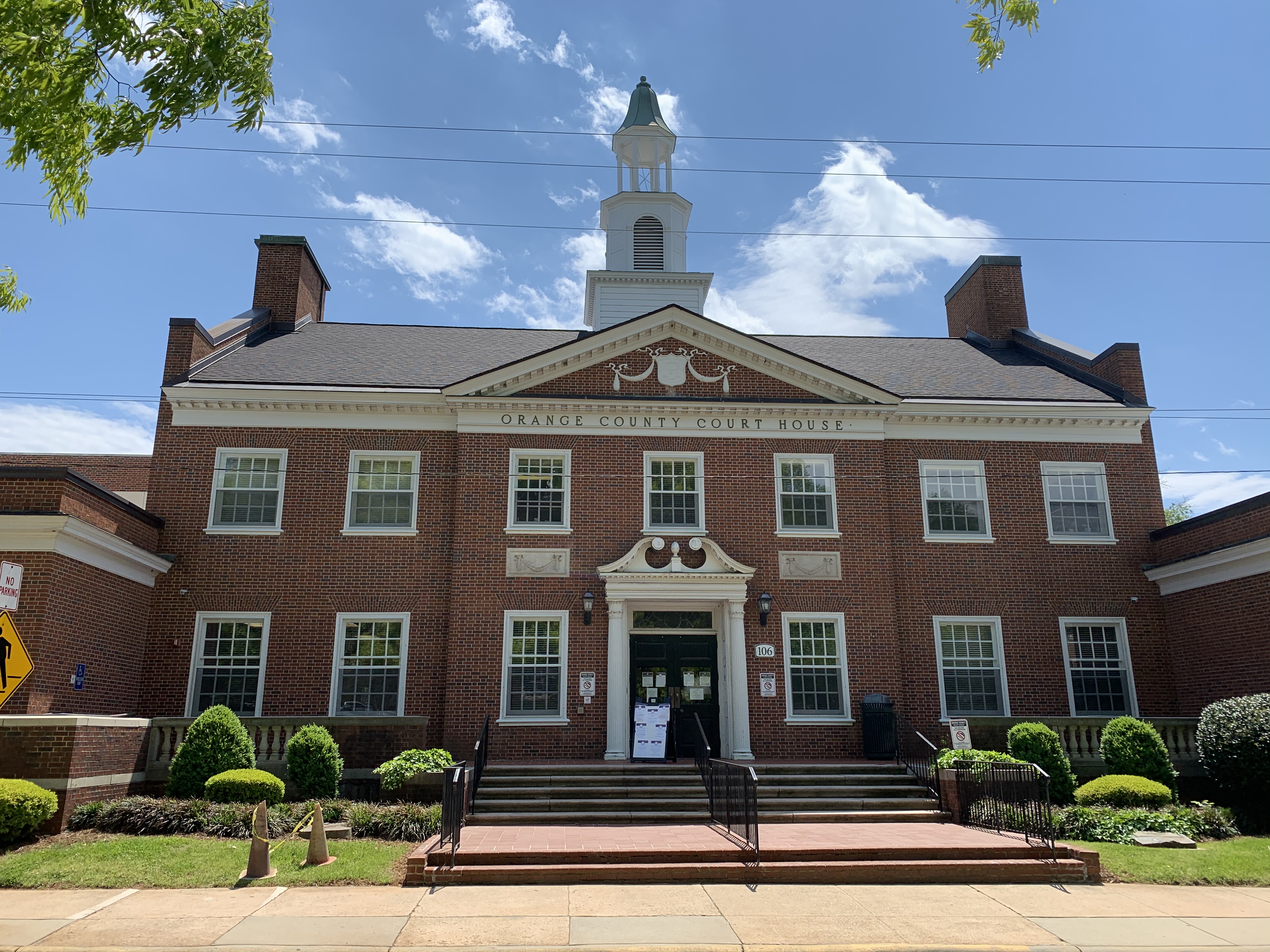
North Carolina Chief Justice Halts Courts for 30 DaysNon-essential in-person court proceedings in North Carolina will be halted starting Monday for 30 days due to a surge in COVID-19 cases, the chief justice of the North Carolina Supreme Court announced Friday. Chief Justice Cheri Beasley said in a news release that the pause is necessary to protect the health and safety of court […]
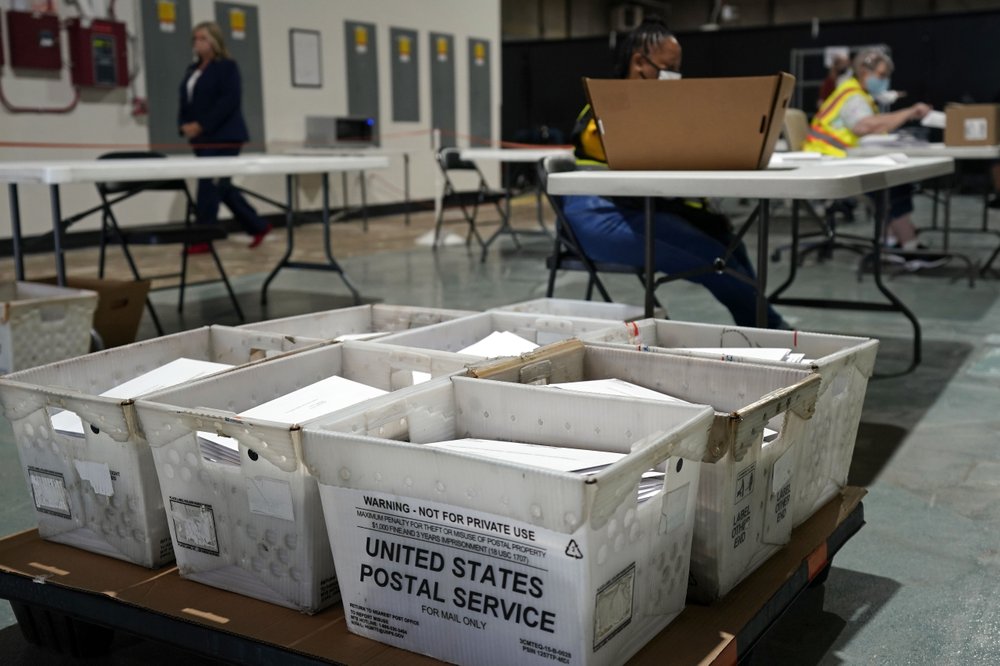
Close Race for N.C. Chief Justice Likely Headed to RecountThe election to lead North Carolina’s judicial branch was likely headed for a recount after county tallies reported Friday showed an extremely close race between current state Supreme Court Chief Justice Cheri Beasley and challenger Paul Newby. The canvassed results from nearly all counties show the Democrat Beasley and Newby — a Republican and current […]

Face Mask Requirement Begins in N.C. Courts as Cases GrowJury trials in North Carolina courtrooms will be delayed for at least another two months because of the new coronavirus, Chief Justice Cheri Beasley announced on Thursday while also instituting a face covering requirement in court buildings. Gov. Roy Cooper’s face-mask mandate in public spaces started three weeks ago but didn’t apply to the judicial branch. […]

Chief Justice Beasley Extends Several Emergency Orders for NC CourtsThe chief justice of North Carolina’s Supreme Court is extending various emergency directives in the state’s courts in an effort to limit the spread of the coronavirus. Chief Justice Cheri Beasley said in a statement Monday that directives would continue to allow increased use of remote technology and limit foot traffic in courthouses. The directives […]

Orange County Judge: Normal Court Proceedings Present Public Health ChallengesWhile the state prepares to enter Phase 1 on Friday, there are still many aspects of state government operating on reduced capacity. That includes North Carolina’s courts, which are determining when to begin full proceedings again. North Carolina Chief Justice Cheri Beasley pushed back most court proceedings until at least June 1, giving the court […]
›

